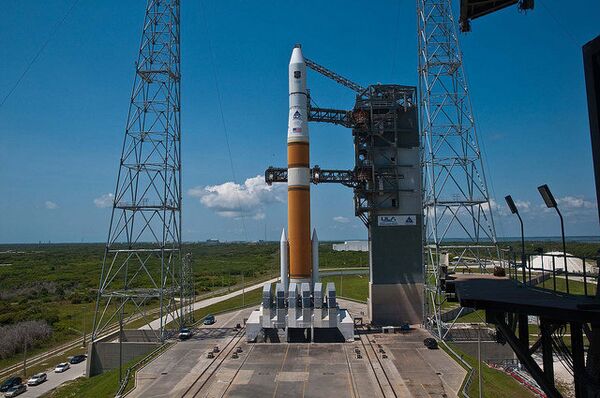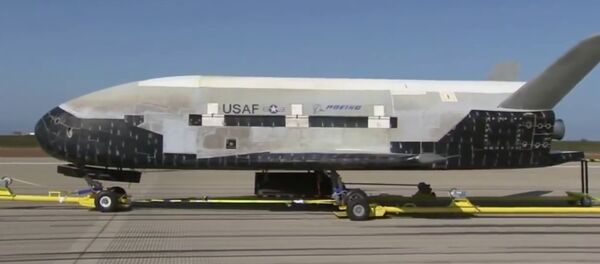Russia will publicly release its own database of Earth orbiting satellites, Viktor Shilin, head of the Russian delegation at the 59th session of the UN Committee on the Peaceful Uses of Outer Space, told the Russian newspaper Izvestia.
However, in addition to tracking non-military satellites and space debris, the Russian catalog will include data which the United States Space Command does not make public.
The NORAD catalog also restricts data on defense satellites of Washington’s allies, including France, Germany, Israel, and Japan. But it lists Russian military satellites.
Moscow has proposed to merge national databases into one catalog available for every county involved in space activities. Such a platform would provide information on potentially dangerous situation in space (for satellites and objects on earth) as well as on possible dangers for rocket launches.
According to a source close to the matter, the Russian proposal was supported by China, but opposed by the US.
"The US wants to preserve its monopoly in regulating space traffic. Moreover, the US military doesn’t want make data on its objects public," the source said.
"The American may not be concerned over disclosure of their military satellites information. This would happen anyway," Shilin said.
The US brought up the idea of deterrence in space last year, citing Russia and China among the possible rivals. According to the Pentagon, Moscow and China is building up their presence in space while the US is lagging behind.
In 2008, the Russian and Chinese governments proposed an international agreement to prevent the deployment of weapons in outer space but the US government under Presidents George W. Bush and Barack Obama has consistently rejected launching negotiations to conclude such a treaty.
In April, Russian Foreign Minister Sergei Lavrov assured that Russia will not deploy weapons in space. The ministry warned that deployment of nuclear weapons in space would provoke an uncontrollable arms race.
In late-2015, Russia submitted to the UN General Assembly a draft resolution on space demilitarization. However, the document was blocked by Washington.



